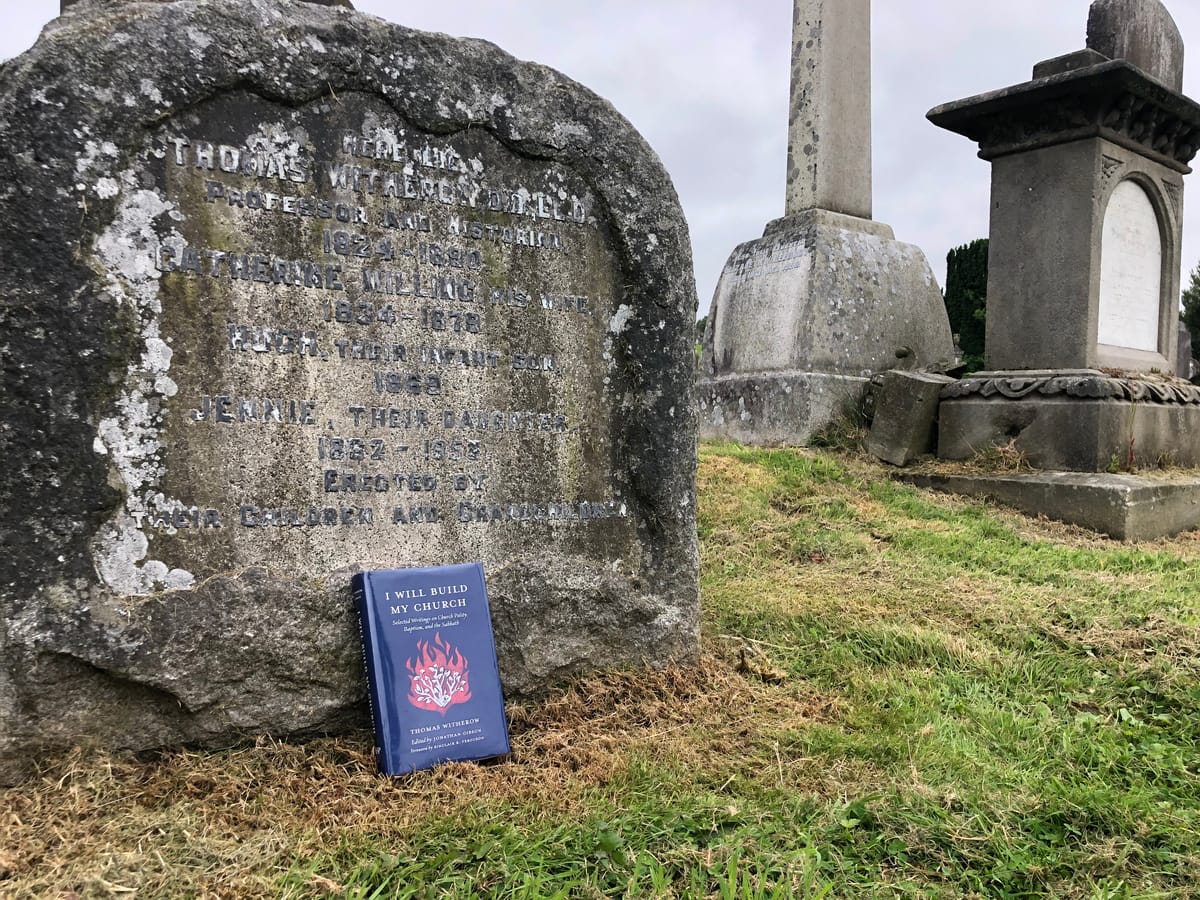"Too high an estimation of any peculiar way of worship is apt to entice the minds of some into a hurtful confidence in these things. Having an apprehension that they alone have attained unto the right way of gospel worship and the administration of its ordinances, and that, perhaps, on such accounts as wherein they are eminently deceived, they begin first greatly to value themselves, and then to despise all others, and, if they can, to persecute them. This insensibly works them into a trust in that which they esteem so excellent, and that unto an open neglect of things of a greater weight and moment. Thus is it not unusual to see persons who are under the power of some singular opinion and practice in religion to make one thing almost their whole business, the measure of other things and persons, the rule of communion and of all sincere love;—to value and esteem themselves and others according unto their embracing or not embracing of that opinion. ... Wherefore, although we ought greatly to prize and to endeavour after the true order of the church of Christ, the purity of worship, and regular administration of ordinances, yet let us take heed that we prize not ourselves too much on what we have attained; for if we do so, we shall be very apt to countenance ourselves in other neglects thereby, which will certainly bring us into a spiritual sickness and declension."
—John Owen, The Works of John Owen, vol. 7 (Edinburgh: T & T Clark, 1862), 252-253; emphasis original.
—John Owen, The Works of John Owen, vol. 7 (Edinburgh: T & T Clark, 1862), 252-253; emphasis original.


